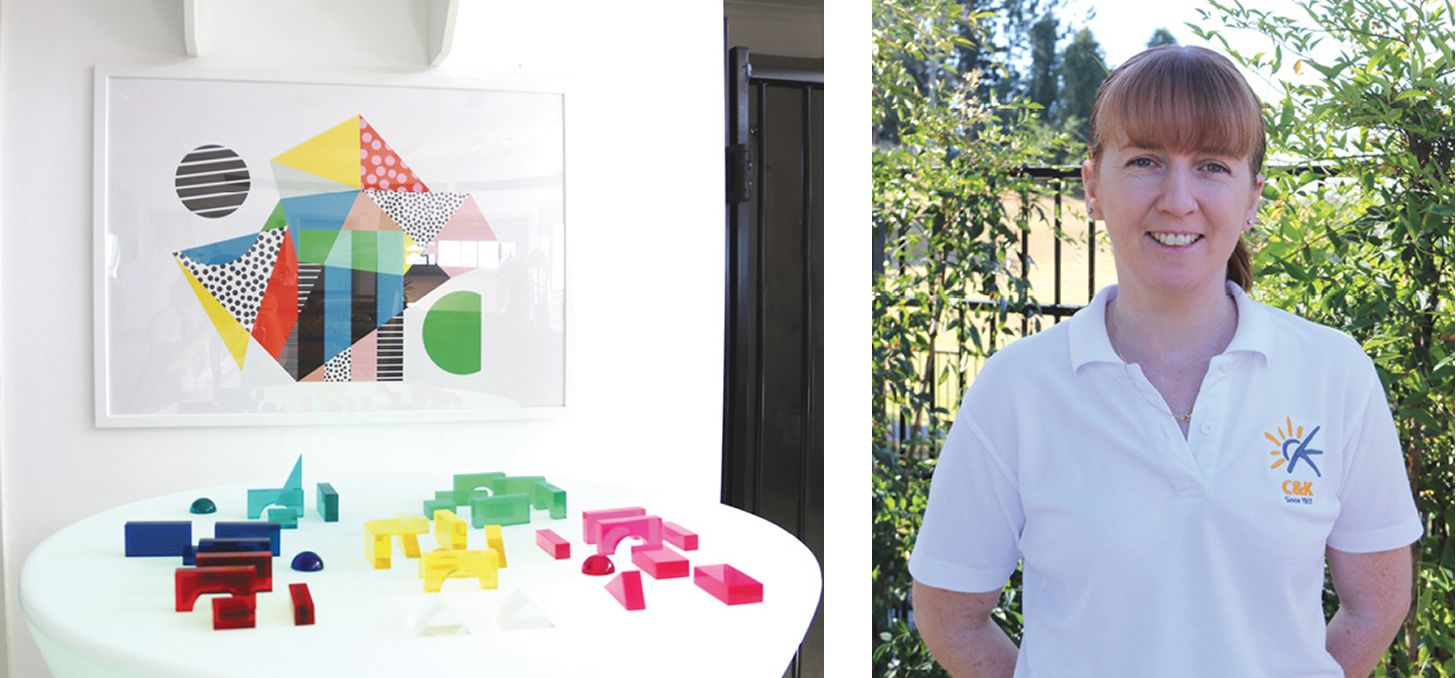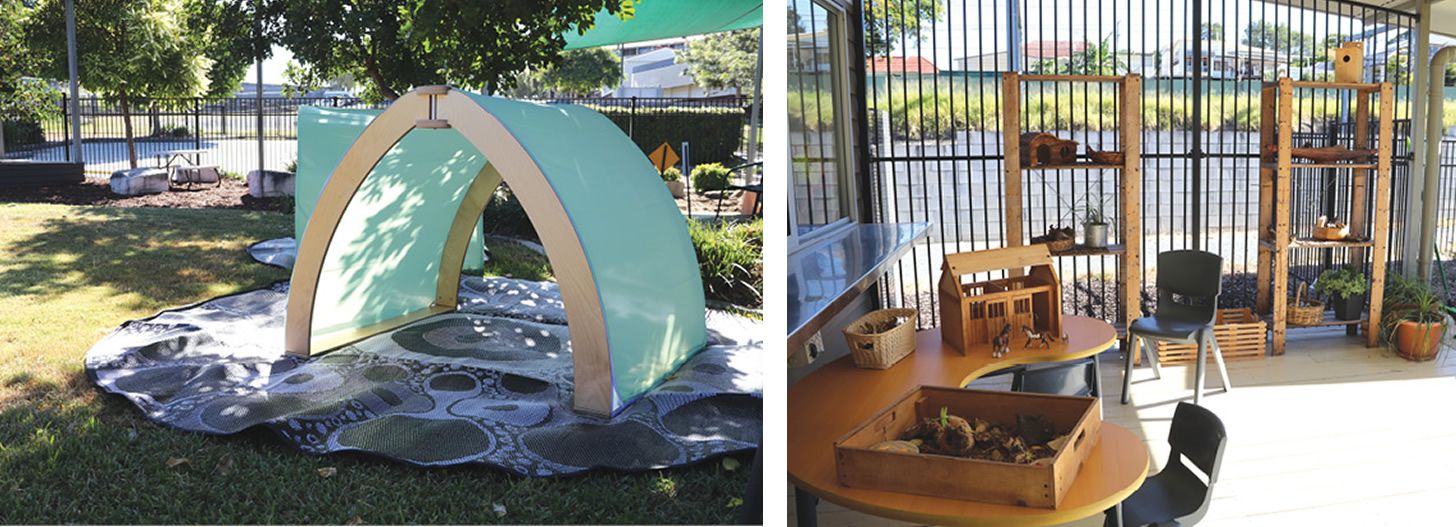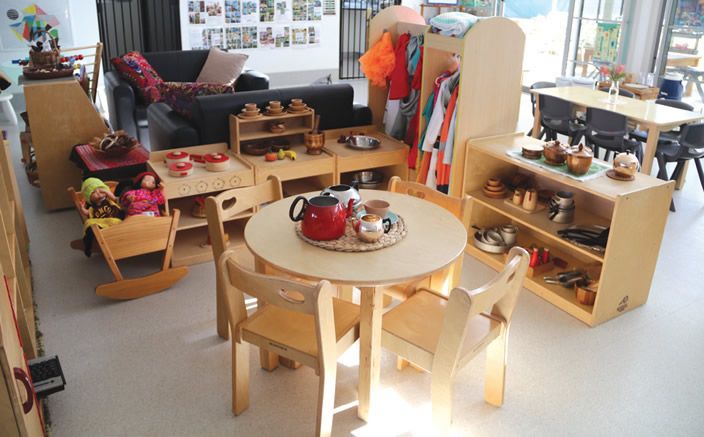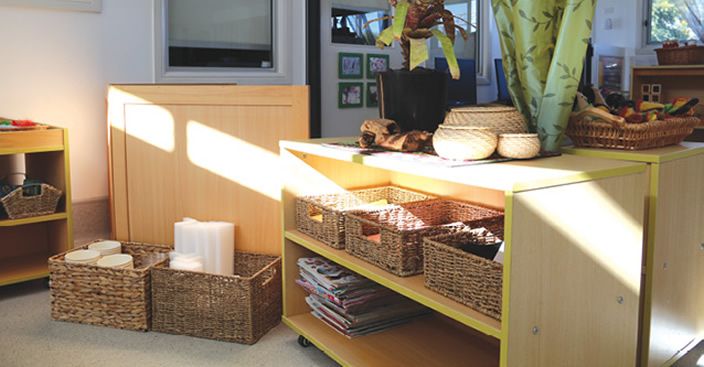Executing effective design and aesthetics of a kindergarten classroom takes targeted planning and informed critical judgement. Journalist Sara El Sayed explores the professional considerations made when designing a kindergarten classroom.
Kindergarten teachers and staff take a pedagogical approach to the design and aesthetics of their classrooms.
Teacher Deborah Mintern-Lane of Bald Hills Community Kindergarten in Queensland said her classroom environment reflects her teaching and service philosophies, theories of learning that align with those philosophies, and everyday practice.
“I take time to meet with my team and reflect on how children, families, educators and therapists interact with and participate in the environment.
“We also seek input from children and their families.
“We make very considered and intentional decisions to ensure the environment supports teaching and learning, including children’s sense of agency and inclusion."
Aesthetics send a message
Deborah said the aesthetics of the environment send signals to others about who is welcome.
“Each child, family member, educator, and visitor needs to feel a sense of welcome and belonging in order to feel comfortable, safe and secure in the space.
“Promoting a sense of safety and security is reflected in our service philosophy and theories such as attachment theory.
“We also think about learning theories relating to play, relationships, power, equity, environment as the third teacher, and loose parts.
“The learning space at our kindergarten reflects the diversity, play interests, and learning occurring within the program.
“Specific resources and spaces have been planned to support inclusion and access with individual children’s support needs in mind.
“Relationships and supporting social interactions are a key focus.






































































































































